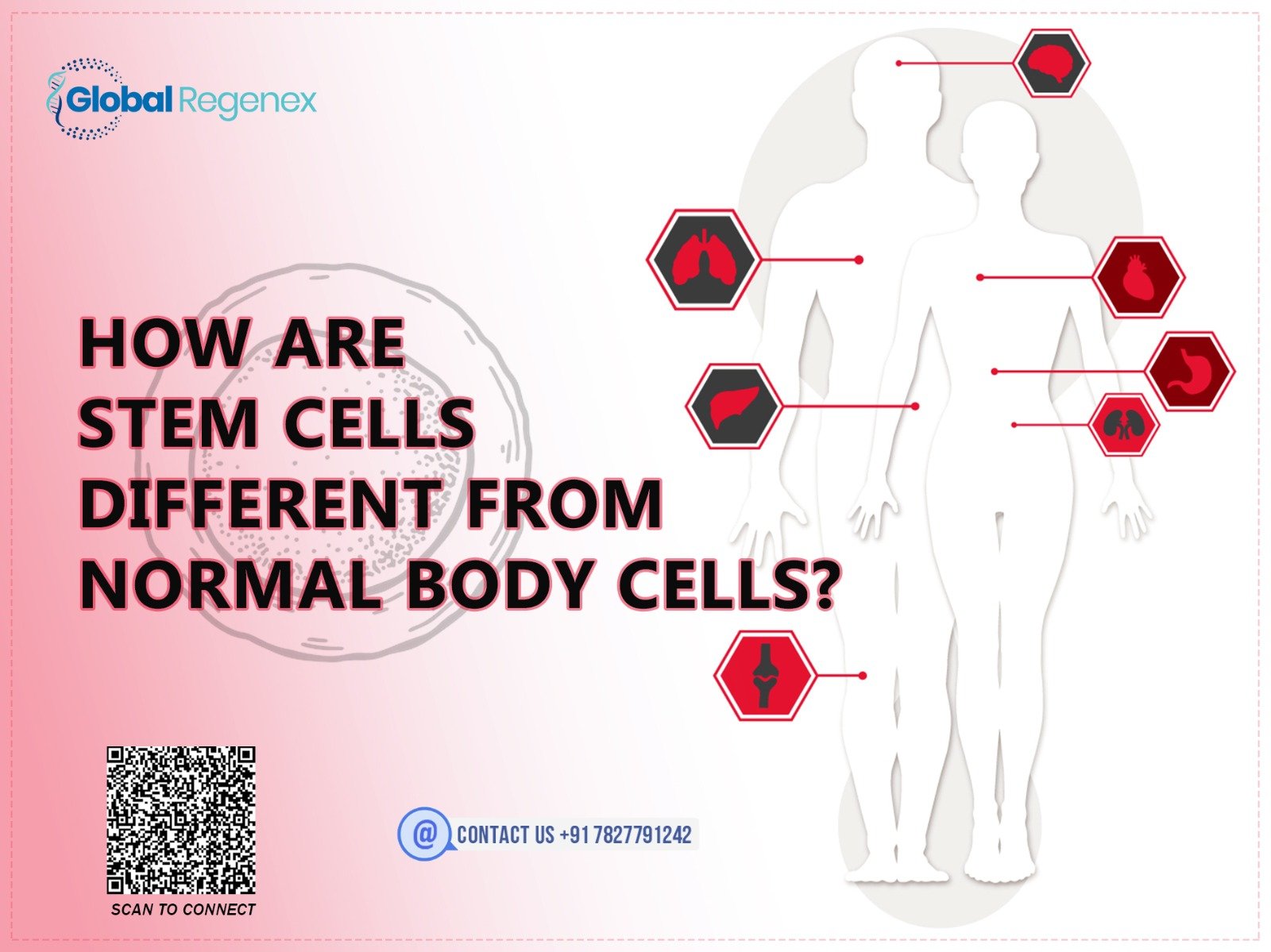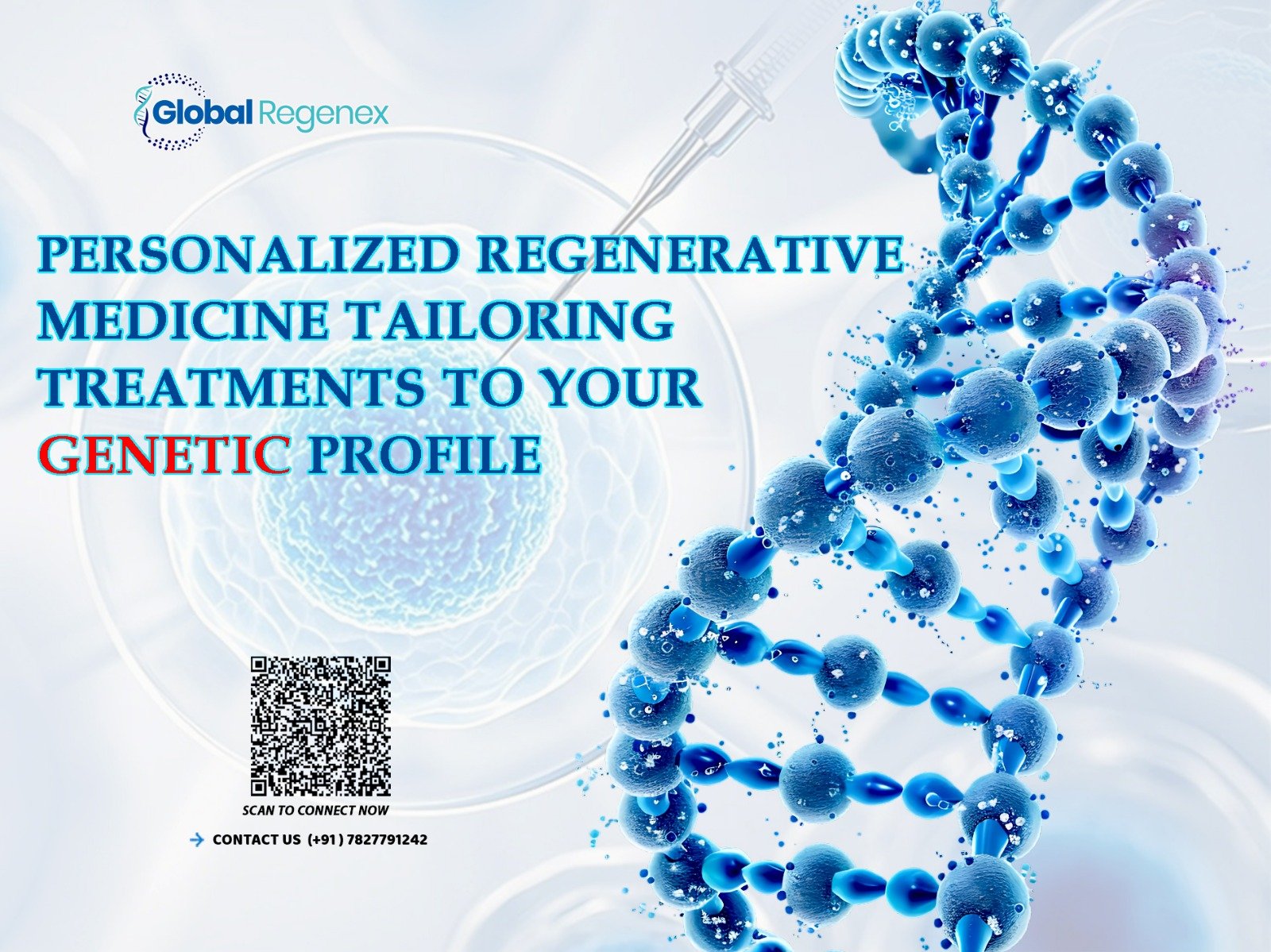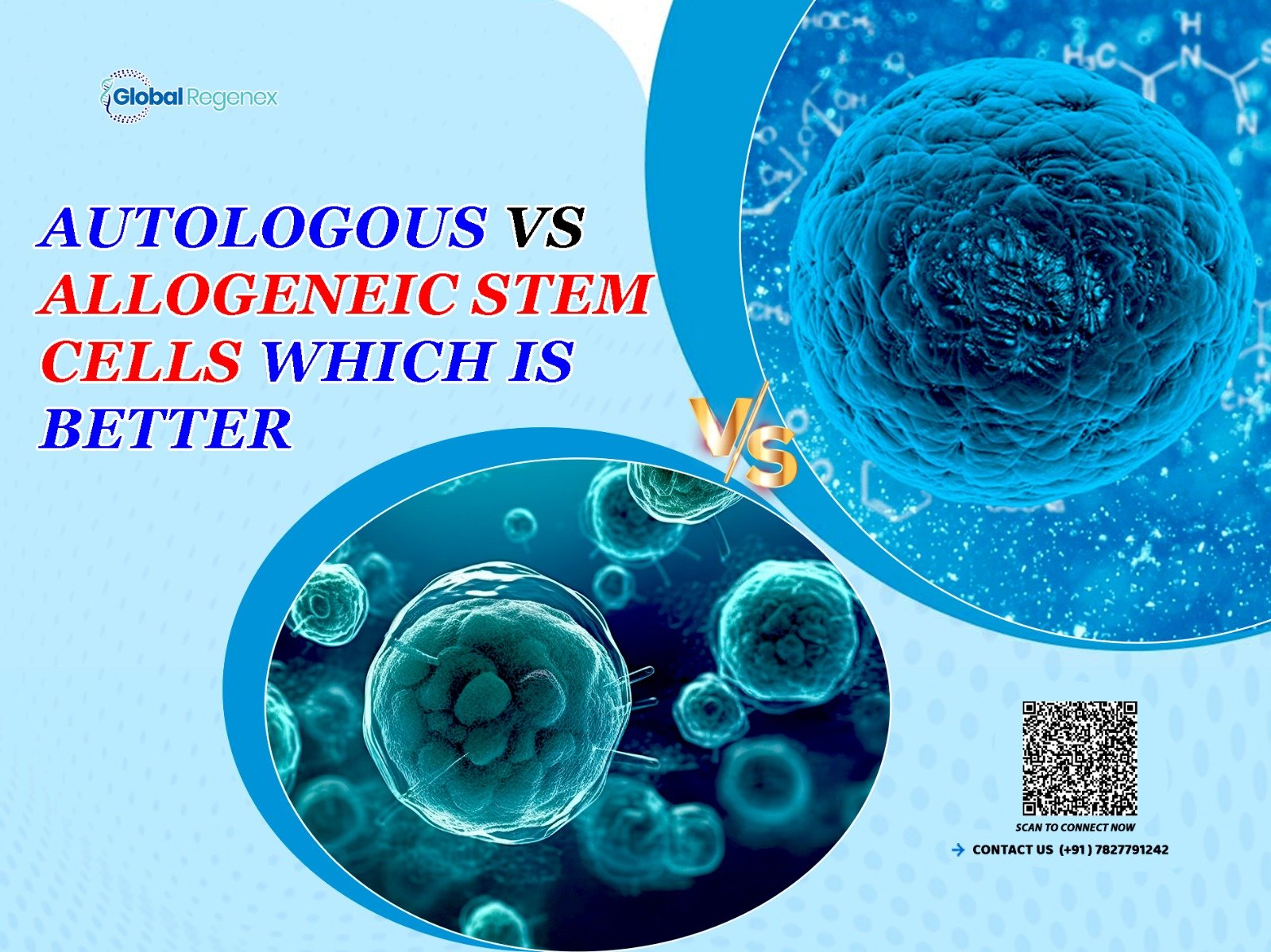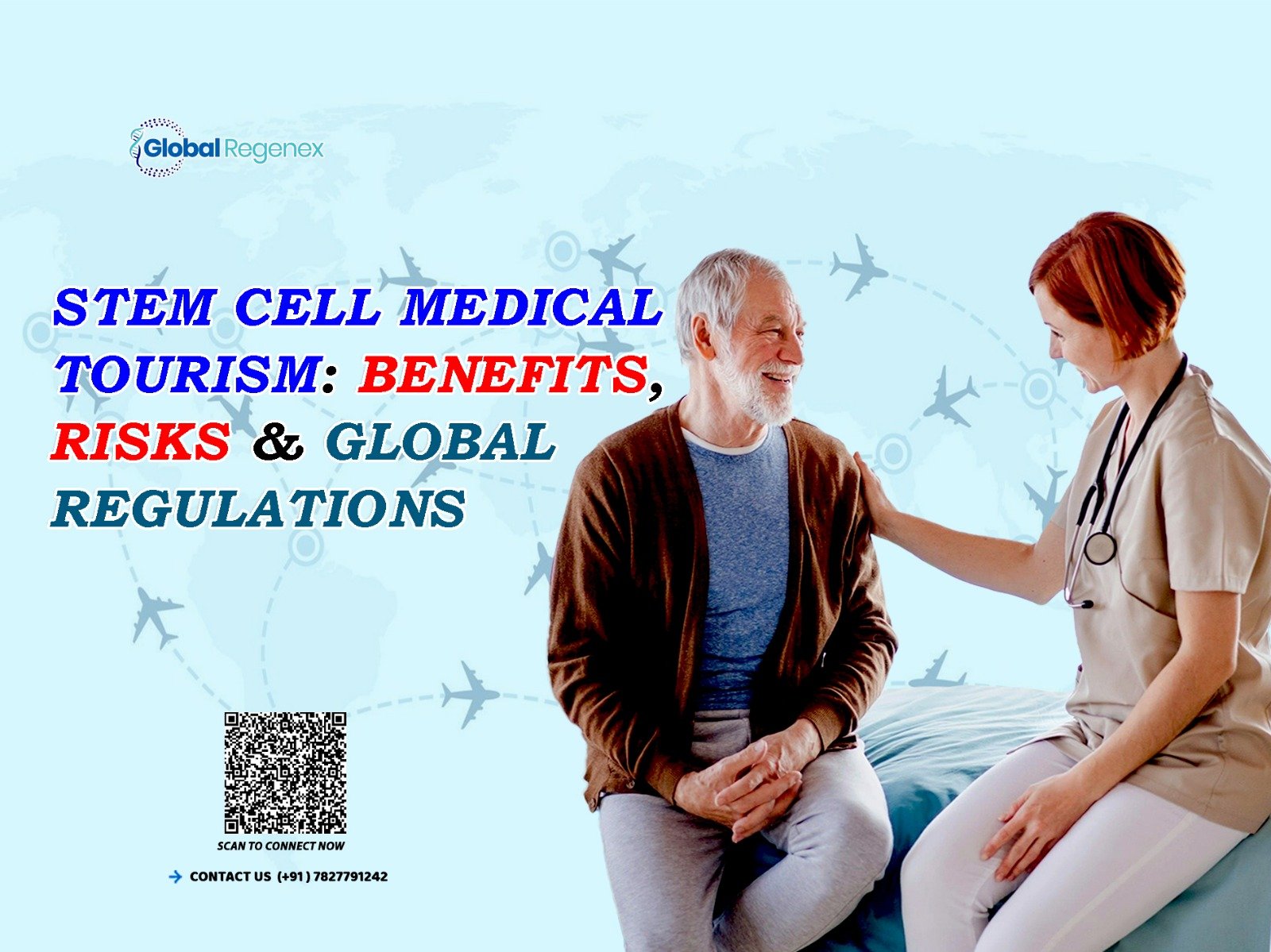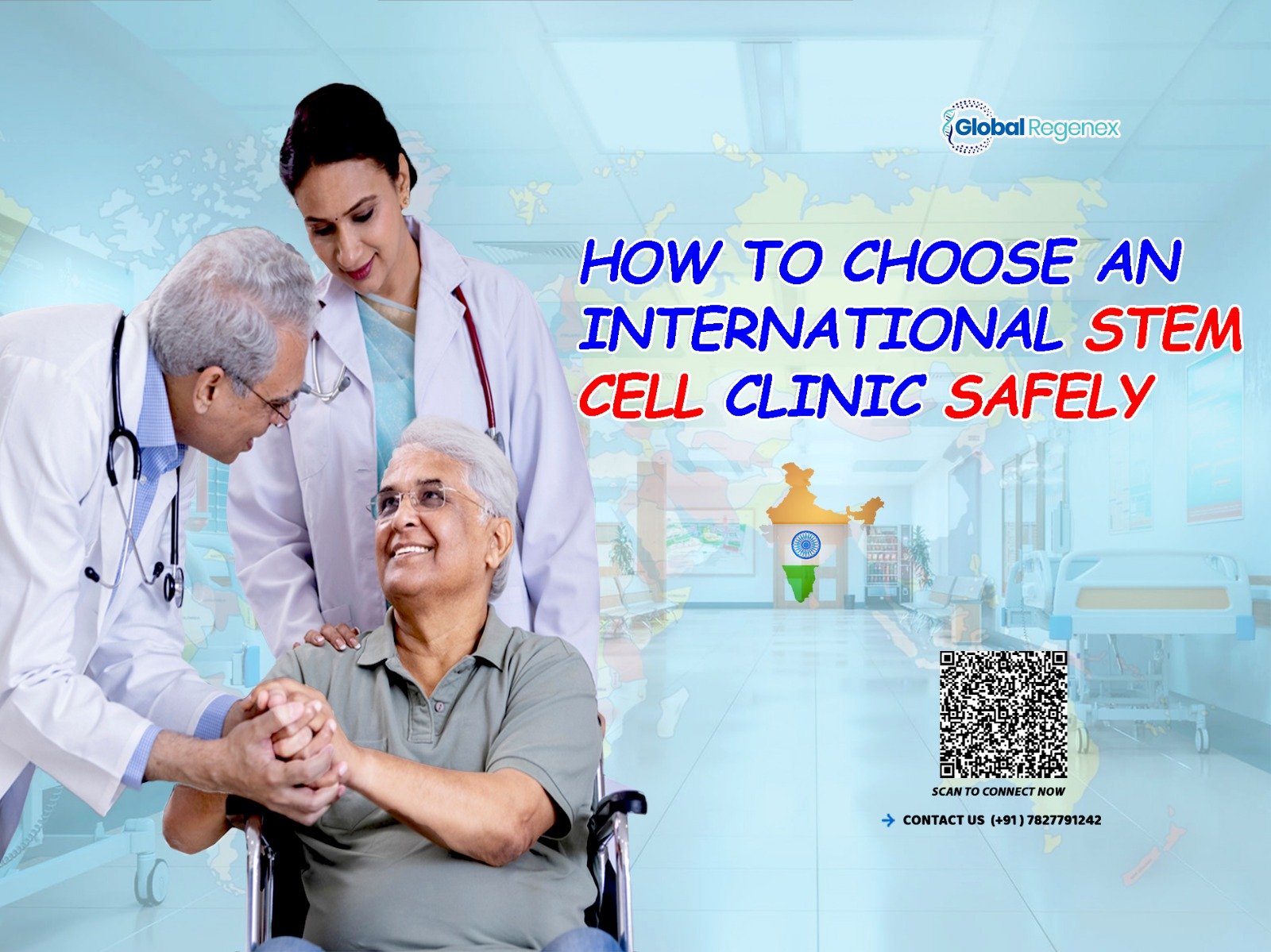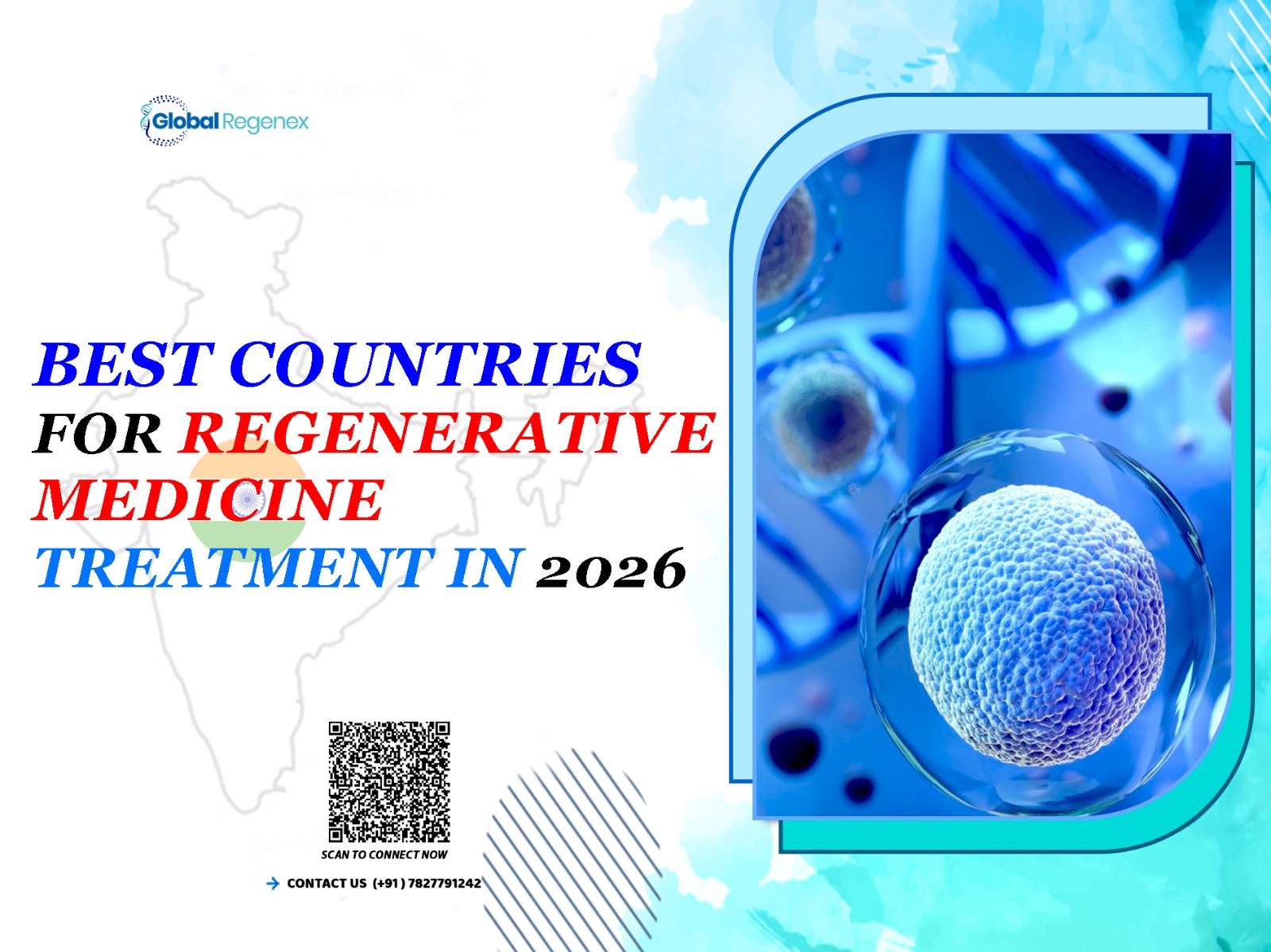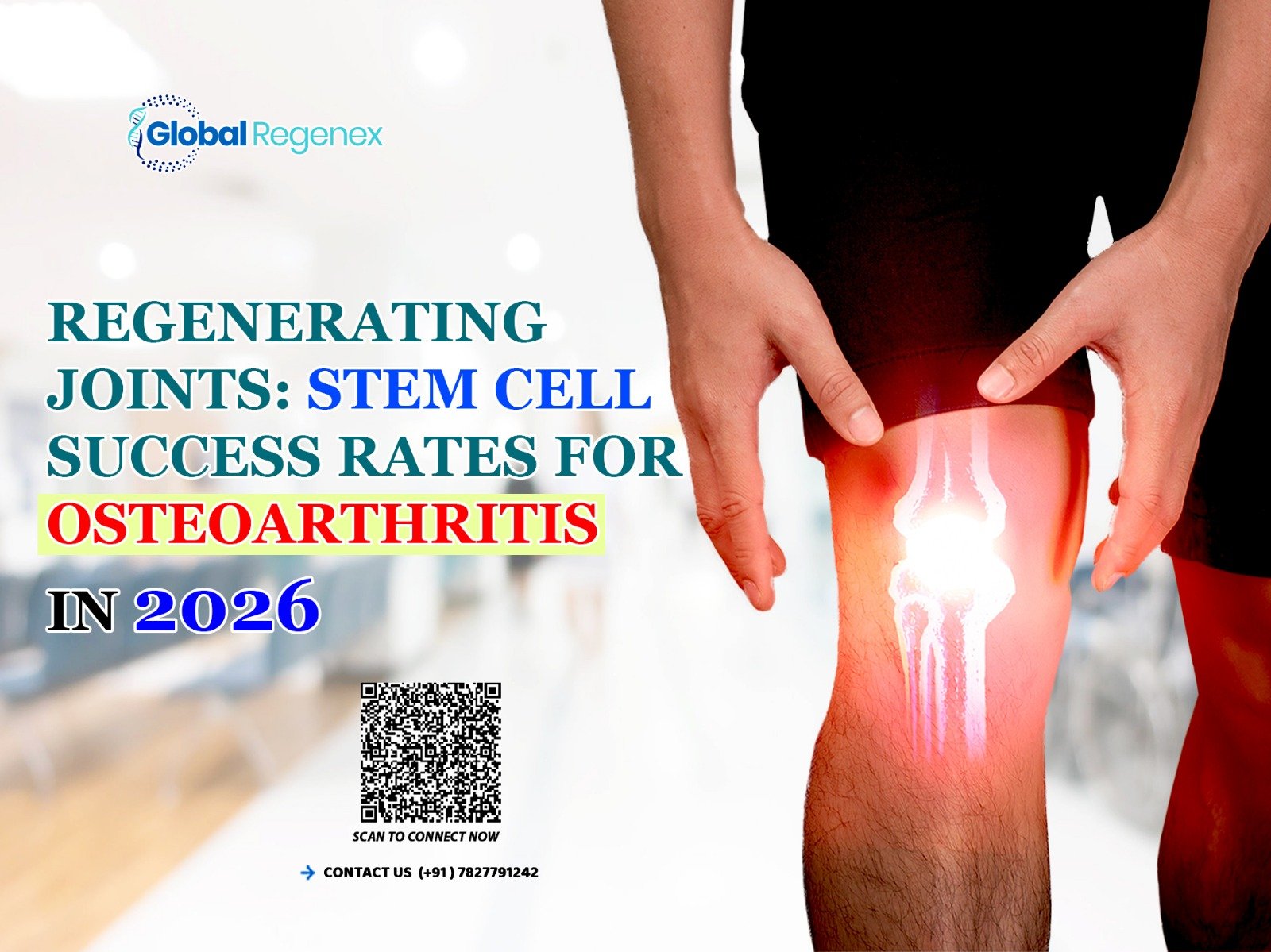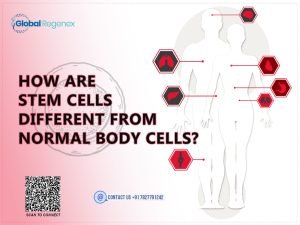
Have you ever pondered about what makes stem cells so significant in medicine compared to other normal body cells? Stem cells contain a rare ability to differentiate into several body cell types and repair damaged tissues so that body cells can easily carry out their specialized tasks. Due to this, these cells have become very useful in contemporary therapies, like stem cell therapy. Many patients now have hope as a result of the usage of these cells to cure a variety of chronic illnesses and wounds, just because of the advanced research. If you are interested in stem cell therapy in India, Global Regenex is way perfect partner to learn more about this therapy.
Understanding Stem Cells
Stem cells are basically the building blocks of the human body. They have two key abilities that distinguish them from any other normal body cells:
- Self-Renewal: Stem cells can divide into different body cells and regenerate indefinitely.
- Differentiation: They can transform into specialized cells like muscle, nerve, or blood cells.
On the other hand, unlike typical cells, which have a fixed role, stem cells remain unspecialized until needed. This ability allows them to repair and replace damaged tissues, providing immense power for medical treatments.
Types of Stem Cells
Stem cells are classified into different varieties in accordance with their potential to differentiate into several cell types:
- Adult Stem Cells: The adult stem cells can be found in such tissues as bone marrow and fat; they assist in the repair of damaged tissue but have limited power to differentiate.
- Induced Pluripotent Stem Cells: These cells are known as reprogrammed adult cells, which behave like embryonic stem cells, which is an alternative for research and therapy.
- Mesenchymal Stem Cells: These cells are also found in bone marrow and fat; they are widely used in regenerative medicine for the treatment of orthopedic and autoimmune conditions.
Key Differences Between Stem Cells and Normal Cells
| Feature | Stem Cells | Normal Body Cells |
| Function | It can develop into various types of cells. | It only performs a specific function. |
| Division Ability | It can divide indefinitely. | Limited division potential |
| Repair & Regeneration | It has the ability to regenerate damaged tissues. | It cannot regenerate extensively. |
| Flexibility | It can adapt to different cell types. | It remains fixed in its function. |
Applications of Stem Cell Therapy
Stem cell therapy involves a new and novel approach to repairing and regenerating damaged tissues rather than focusing solely on symptomatic treatment. Some predominant uses of stem cell therapy are as follows:
- Neurological Disorders: Treating conditions like Parkinson’s disease and spinal cord injury.
- Orthopedic Treatments: Bone and joint degenerative diseases and osteoarthritis.
- Cardiovascular Disease: Contributing to heart tissue regeneration.
- Diabetes: Restoring insulin-producing cells in juvenile diabetics.
Need Expert Advice?
Whether interested in stem cell therapy in Delhi or just looking to gain information in regenerative medicine, have full trust in Global Regenex as your consultant. They provide expert guidance and access to advanced stem cell therapy for a variety of medical conditions.
The Bottom Line
Stem cells are a boon to regenerative medicine because they potentially provide healing solutions for conditions once deemed untreatable. Unlike normal body cells, which have specific functions in the organism, stem cells have the ability to repair and reproduce differentiated tissues, an ultimate breakthrough in healthcare.
With the numerous advancements in stem cell therapy, patients are beginning to enjoy effective minimally invasive treatments. Should you wish to delve into regenerative medicine, consult Global Regenex to find all the best options for stem cell therapy.

